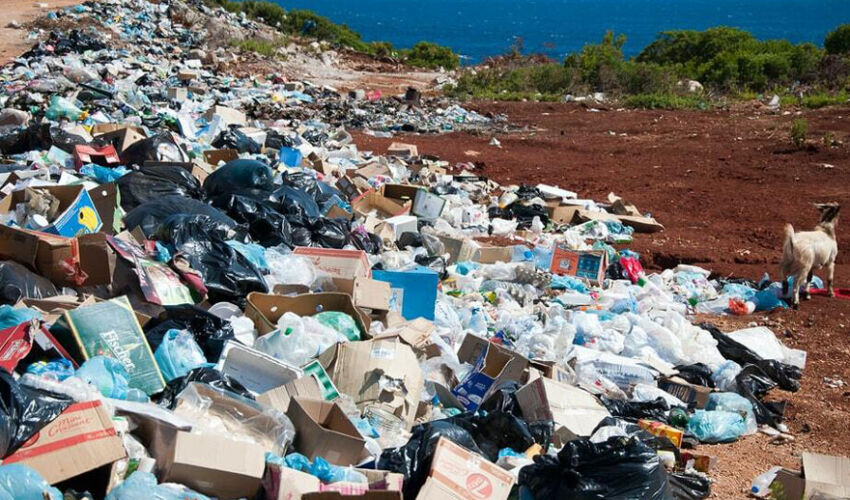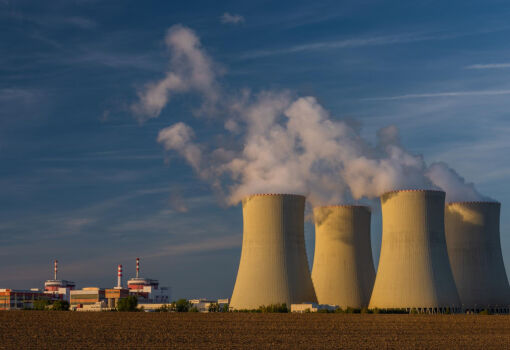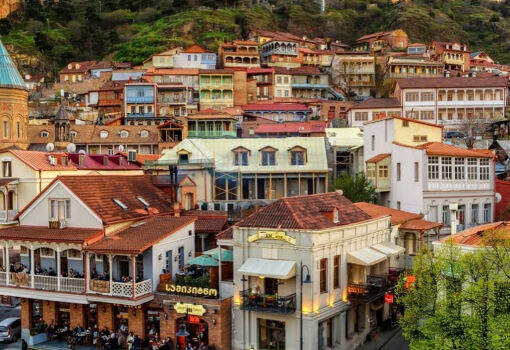
Ilya Trombitsky, director of the environmental organization Eco-Tiras, published a report about this and posted a translation of an article describing the extremely negative impact of such waste on the environment.
As noted in the publication, non-hazardous waste accounts for 95.6% of solid waste produced in Europe. This includes municipal solid waste (packaging, clothing, bottles, paper, cardboard, plastic and others), demolition waste with inert materials such as concrete, bricks, stones, food and agricultural waste, including agricultural plastic waste (plastic mulch, greenhouse film and irrigation pipes).
Such a request opens the door for the EC to continue exporting these types of waste. These 24 states were the first non-OECD countries to meet the February 21, 2025 deadline to include non-hazardous waste imports. Waste exports to non-OECD countries not on this list will be banned from May 21, 2027. The list will be updated regularly, at least every two years.
Plastic recycling results in toxic emissions and hazardous products from recycled plastic, posing a threat to workers, communities and consumers at all stages of waste management. More than 16,000 different chemicals are used in the production of plastic and plastic products. A quarter of these substances are known toxicants. Thus, no waste plastic can be considered non-hazardous.
Studies by IPEN (Global Pollution Action Network) member organizations in 2023 found internationally banned toxic chemicals in consumer products from Kenya made from recycled plastic and in the blood of plastic recycling workers in Thailand. Yet many of the world’s poor countries have underdeveloped recycling systems. Much of the so-called non-hazardous waste ends up in landfills or incinerated.
Agricultural plastics pose a threat to the food chain. Microplastics from agricultural plastics accumulate in the soil and enter the food chain through plants and animals. The toxic substances it contains accumulate in food chains, threatening food safety and human health. Therefore, importing such waste will have a very negative impact on the environment.
Textile waste is equally problematic. In developing countries and countries with economies in transition, these wastes are hardly recycled. They are accumulated in landfills and incinerated. Their import from EU countries will lead to an inevitable deterioration of the environmental situation in the importing countries. It can take more than 200 years for textile waste to decompose in a landfill. During the decomposition process, textiles release the greenhouse gas methane and leach toxic chemicals and dyes into groundwater and soil.
How the countries that have asked the EU to import waste will deal with all these problems is not clear. One thing is clear – importing waste will lead to more environmental degradation and poorer human health in the importing countries.
After reading this information, one simple question arises – why does Moldova need someone else’s waste? Under Ilya Trombitsky’s post in social networks, it is asked by many residents of the country. Will we get an answer from those who sent such a request to Brussels?













